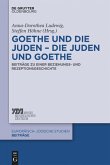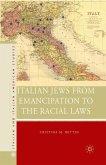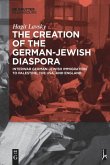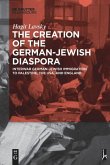This book depicts the cultural imagination of the Italian-Jewish minority from the unification of the country to the end of the First World War. The creation of an Italian nation-state introduced new problems and new opportunities for its citizens. What did it mean for the Jewish minority? How could members of the minority combine and redefine Jewishness and Italianness in a radically new political and legal framework? Key concepts such as family, religion, nation, assimilation and - later - Zionism are observed as they shift and change over time. The interaction between the public and private spheres plays a pivotal role in the analysis, and the self-fashioning of Italian Jewish élites is read alongside the evolution of the cultural stereotypes typical of the time. Reinterpreting the Italian national patriotic narrative through the eyes of the Jews, Carlotta Ferrara degli Uberti is able to unveil its less known layers and articulations, while at the same time offering a new perspective from which to read the modern Jewish experience in the Western World.
"This comprehensive portrait of Italian Jewry between 1861 and 1918 sets itself to become a point of reference not only for the study of contemporary Italian Judaism, but also for the wider fields of contemporary Italian and European history. ... Focusing on both literary and documentary sources, the book deploys a novel approach that allows for innovative perspectives on Italian Jewry and provides an excellent point of departure for long-overdue further analyses." (Alessandro Grazi, Annali d'italianistica, Vol. 35, 2017)








